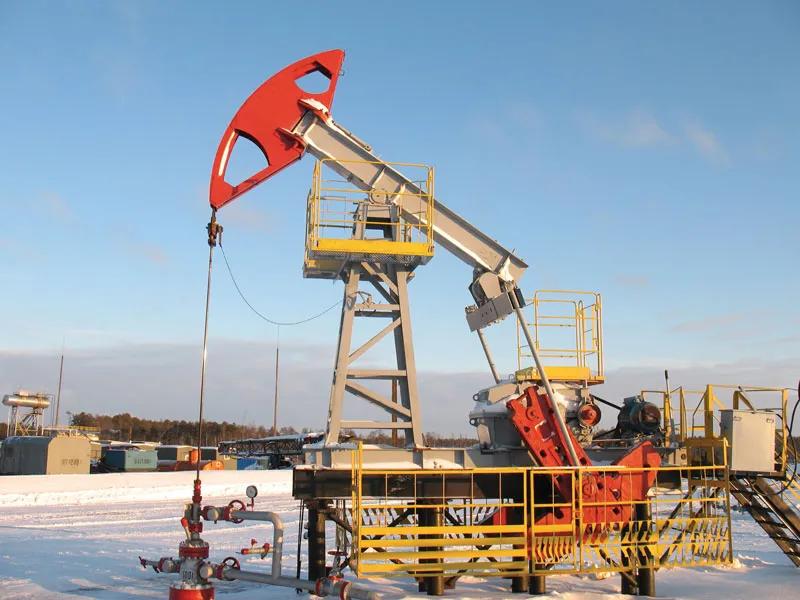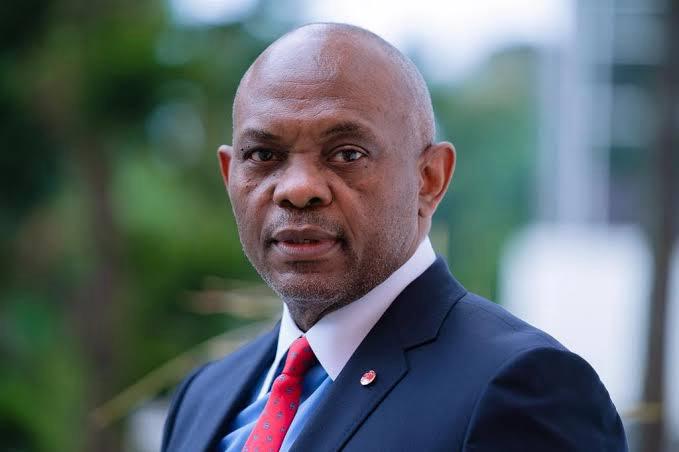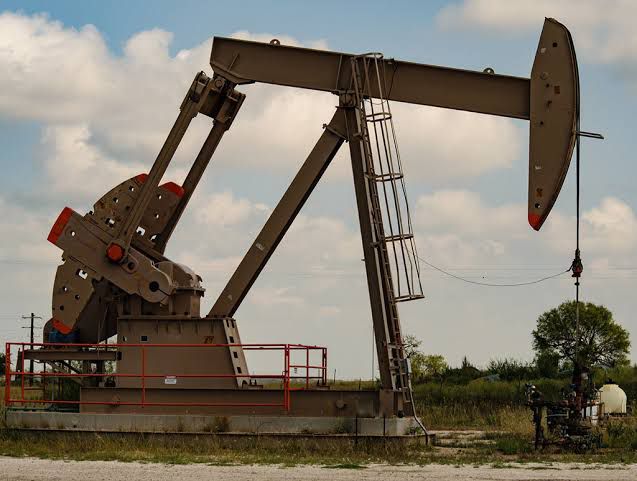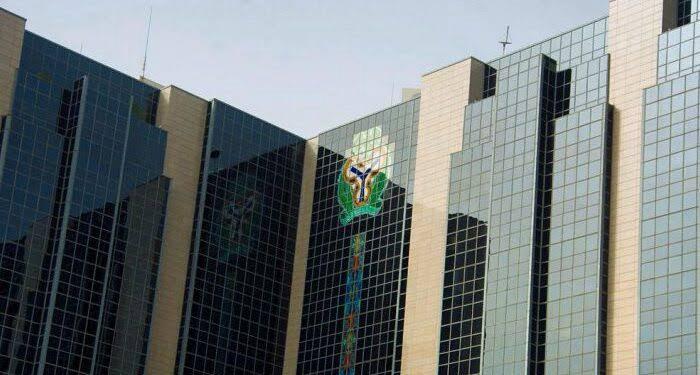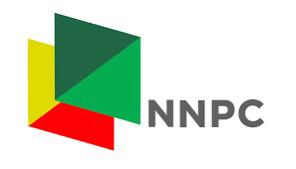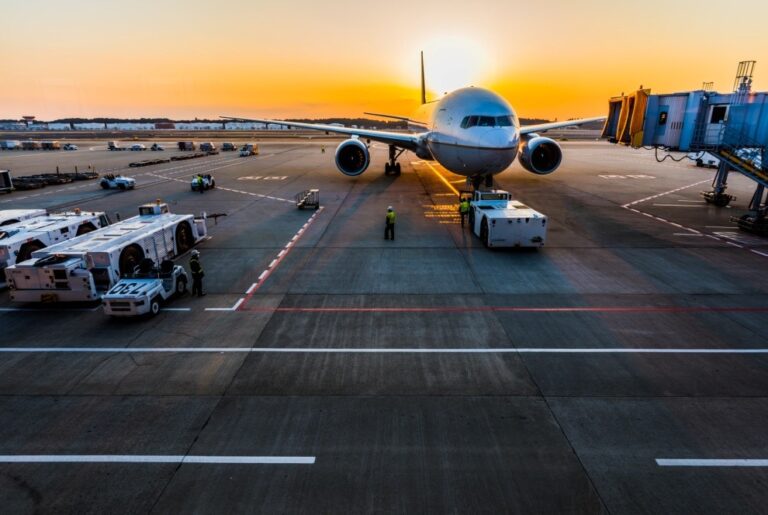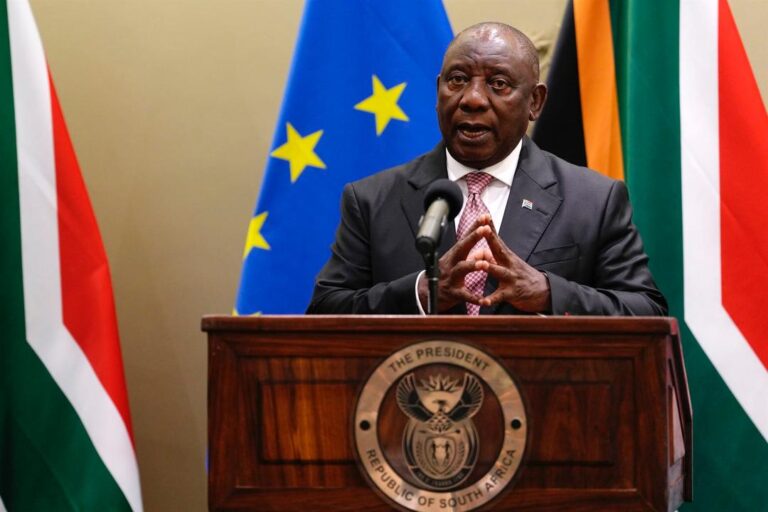Global oil prices continued their upward trajectory this week as geopolitical tensions and supply disruptions fueled market anxieties.
Meanwhile, African oil-dependent economies brace for uncertainty as rising crude prices threaten to exacerbate inflationary pressures and fiscal challenges.
For four consecutive days, drone attacks have targeted oil facilities in Iraqi Kurdistan, slashing the region’s output by more than half, from approximately 280,000 barrels per day (bpd) to between 140,000 bpd and 150,000 bpd. While no group has claimed responsibility, energy officials have pointed to Iran-backed militias as the likely perpetrators.
The disruptions come at a time when the global oil market is already experiencing robust demand, particularly due to the peak summer travel season in the Northern Hemisphere. JPMorgan analysts noted that global oil demand in the first two weeks of July averaged 105.2 million bpd, a 600,000 bpd increase from a year earlier and largely in line with forecasts.
Analysts warn that further escalations could push Brent crude—already hovering near multi-month highs ($70 pb)—toward the $90-per-barrel threshold. “The market is pricing in not just current disruptions but the potential for wider instability,” said a senior energy strategist at a leading commodities firm.
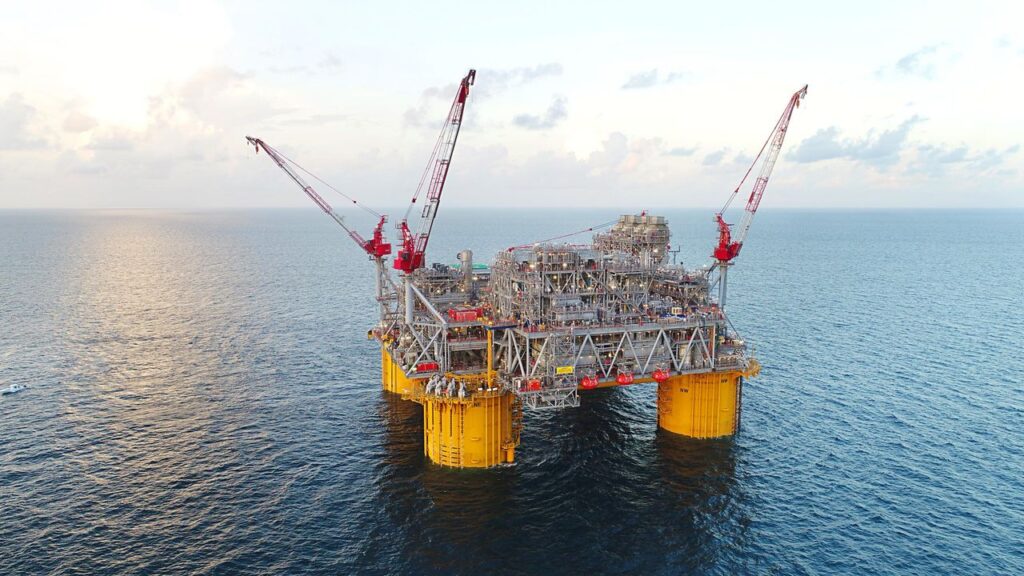
Mixed Impact
While higher oil prices typically benefit exporting nations, African crude producers face a complex economic landscape. Countries like Nigeria, Angola, and Libya stand to gain from increased revenue.

For Nigeria, Africa’s largest oil producer, the rally offers a much-needed fiscal boost after years of declining output due to pipeline vandalism and underfunded infrastructure. Nigeria had earlier calculated its national budget revenue on a benchmark of $75 pd. The recent price hike to round $70 posses a modest recovery from the crude oil price dip recorded earlier this year.
However, Angola—which recently exited OPEC—continues to battle dwindling production capacity, raising doubts over its ability to meet export commitments.
On the flip side, net importers such as Kenya, South Africa, and Senegal face mounting pressure as rising fuel costs threaten to drive inflation and strain household budgets. Many African nations still rely on fuel subsidies to cushion consumers, but with government finances already stretched, further price hikes could force painful policy adjustments.
Market Outlook: Volatility Ahead
With geopolitical risks showing no signs of abating, traders remain on edge. The Israel-Hamas conflict, Houthi attacks on Red Sea shipping, and now the Iraqi drone strikes have all contributed to a risk premium in oil markets.
“Until there’s clear evidence that supply chains are secure, prices will remain elevated,” noted an industry analyst. The coming weeks will be critical as OPEC+ prepares for its next policy meeting, where any decision to extend or deepen production cuts could further influence market dynamics.

For now, African economies—both producers and importers—must navigate the turbulence, balancing short-term gains against long-term structural challenges. As oil prices climb, the divide between winners and losers in the global energy market grows ever wider.



